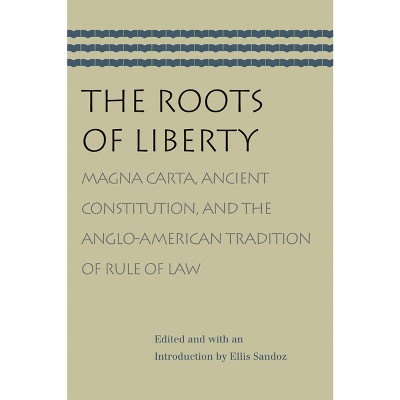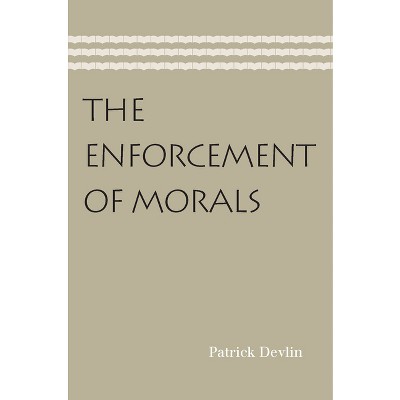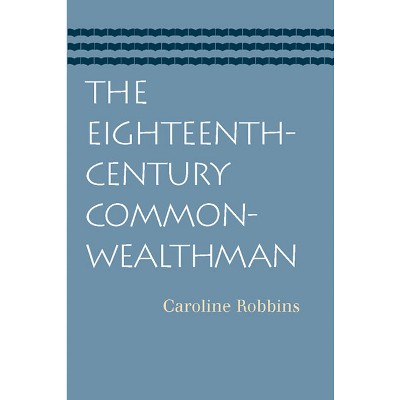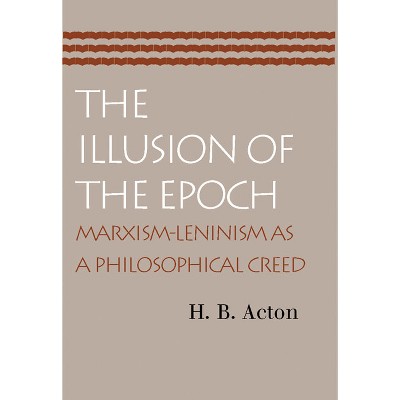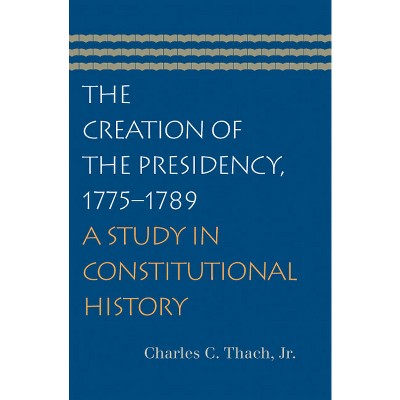Liberty and American Experience in the Eighteenth Century - by David Womersley (Paperback)

About this item
Highlights
- Liberty and American Experience in the Eighteenth Century presents ten new essays on central themes of the American Founding period by some of today's preeminent scholars of American history.
- Author(s): David Womersley
- 488 Pages
- Political Science, Civil Rights
Description
Book Synopsis
Liberty and American Experience in the Eighteenth Century presents ten new essays on central themes of the American Founding period by some of today's preeminent scholars of American history. The writers explore various aspects of the zeitgeist, among them Burke's theories on property rights and government, the relations between religious and legal understandings of liberty, the significance of Protestant beliefs on the founding, the economic background to the Founders' thought on governance, moral sense theory contrasted with natural rights, and divisions of thought on the nature of liberty and how it was to be preserved.
The articles provide a rich basis for discussion of the American Founding, its background, and its development over the first few decades of the United States' existence.
David Womersley is the Thomas Warton Professor of English Literature at the University of Oxford. He has published widely on English literature from the early sixteenth to the early nineteenth centuries. He is the editor of Jonathan Swift's Gulliver's Travels (2012) for Cambridge University Press.
Review Quotes
This challenging collection of essays addresses significant themes of political thought in the 18th-century British Atlantic. The contributors include major scholars in the field who well convey the lively Enlightenment debate on the foundations, nature, and preservation of liberty. The editor interprets the whole as vindication of Burkean conservatism, while the essays partially confirm and transcend this view. Jack P. Greene explicates his "negotiated empire" argument through a close analysis of Jamaican politics at mid-century. Robert Ferguson, noting "the myriad confusions over liberty," traces the gradual eclipse of religious definitions by legalist ones. Barry Shain describes the interaction of conscience and original sin in shaping political thought. In an elegant piece, David Wootton explores "checks and balances," while R. G. Frey notes the interplay of moral sense and natural rights. Commerce and virtual liberty occupy John Danford. Ronald Hamowy's account of the debate between Adam Ferguson and Richard Price illustrates the complexity of the Whig tradition. Two essays by Lance Banning and Gordon Wood on facets of US constitutionalism complete the collection. These essays are a substantial contribution to Atlantic studies. Summing Up: Highly recommended. Upper-division undergraduates and above.
Choice
January 2007
Shipping details
Return details
Trending Non-Fiction






